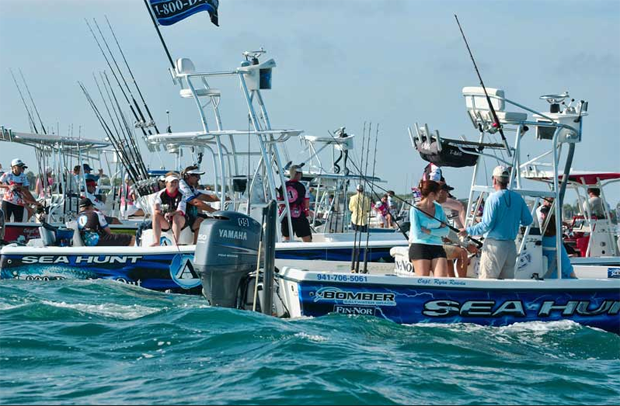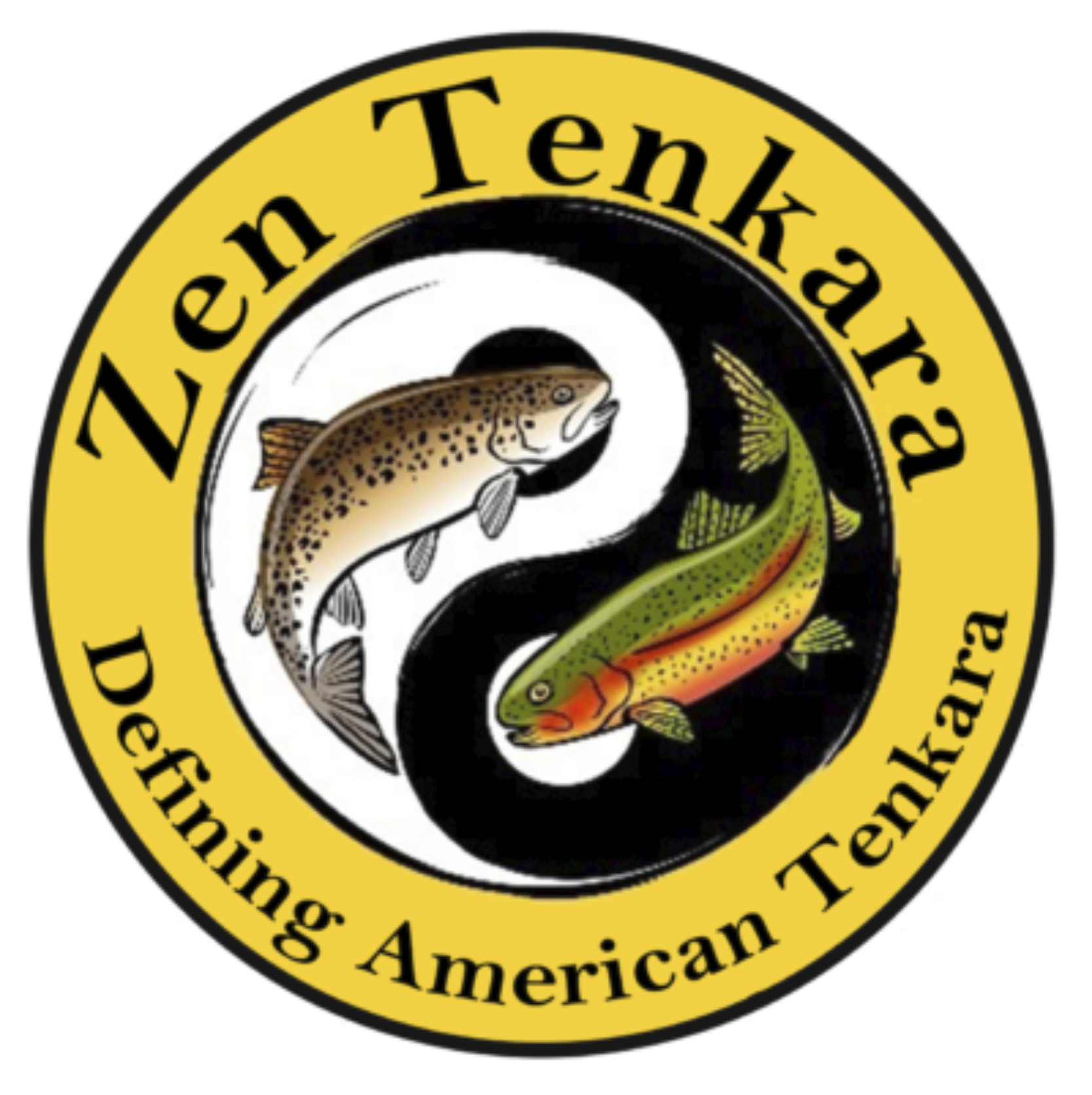We live in an age where rude is commonplace and shouting is considered a form of discussion. An age where politicians sell lies, fear mongering and divisiveness as a strategy to gain position. An age where one angler will crowd another and think nothing of it.
Federation of Fly Fishers Code of Angling Ethics
[dropcap]T[/dropcap]he mission of the Federation of Fly Fishers is to lead activities that enhance and support the fly fishing experience for all anglers who fish with the artificial fly. As part of our efforts to educate through fly fishing, we believe that ethical behavior is a key component of the angling experience. While the need to preserve for all anglers the natural beauty and quality of fisheries for future generations is paramount, consideration for fellow anglers cannot be overlooked.
FFF believes it essential that fly anglers in all waters embrace an ethic that embodies consideration for the environment and for others whether they are fishing or not. This Code of Angling Ethics complements the Catch and Release philosophy that is the hallmark of the Federation of Fly Fishers and reflects the importance of ethical behavior for all anglers. Moreover, it provides a framework for improving the angling experience by combining consideration of the fishery with respectful conduct towards fellow anglers. Overall, the policy denotes a journey in ethical behavior for fly anglers and not a destination.
Person-to-person and person-to-resource ethics go hand-in-hand. Fly anglers strive to understand and practice the land ethic of Aldo Leopold, which extends ethical consideration to the land, plants, animals, fish, and water that comprise the entire ecosystem. An important part of this land ethic is that fly anglers support those programs that sustain high species diversity, and do not support policies that could cause the premature extinction of another species. The Native Fish Policy of the Federation of Fly Fishers is based on this ethic of preventing fish species extinction.
The following nine behaviors comprise the Federation of Fly Fishers’ Code of Angling Ethics:
• Angling ethics begin with understanding and obeying laws and regulations associated with the fishery. Fly anglers understand that their conduct relative to laws and regulations reflects on all anglers. Angling ethics begin with and transcend laws and regulations governing angling and the resources that sustain the sport.
• The opportunity to participate in the sport of fly fishing is a privilege and a responsibility. Fly anglers respect private property and always ask permission before entering or fishing private property. They seek to understand and follow the local customs and practices associated with the fishery. They share the waters equally with others whether they are fishing or engaging in other outdoor activities.
• Fly fishers minimize their impact on the environment and fishery by adopting practices that do not degrade the quality of the banks, waters, and the overall watersheds upon which fisheries depend. These practices include avoiding the introduction of species not native to an ecosystem, and cleaning and drying fishing gear to prevent the inadvertent transport of invasive exotics that may threaten the integrity of an aquatic ecosystem. In simplest terms, fly anglers always leave the fishery better than when they found it.
• Fly anglers endeavor to conserve fisheries by understanding the importance of limiting their catch. “Catch and release” is an important component of sustaining premium fisheries that are being over-harvested. Fly anglers release fish properly and with minimal harm. They promote the use of barbless hooks and angling practices that are more challenging but which help to sustain healthy fish populations.
• Fly anglers do not judge the methods of fellow anglers. Fly fishers share their knowledge of skills and techniques. They help others to understand that fly-fishing contributes to sound fisheries conservation practices.
• Fly anglers treat fellow anglers as they would expect to be treated. They do not impose themselves on or otherwise interfere with other anglers. They wait a polite time, and then, if necessary, request permission to fish through. They may invite other anglers to fish through their positions. Fly fishers when entering an occupied run or area always move in behind other anglers, not in front of them whether in a boat or wading.
• Fly anglers when sharing the water allow fellow anglers ample room so as not to disturb anyone’s fishing experience. They always fish in a manner that causes as little disturbance as practical to the water and fish. They take precautions to keep their shadow from falling across the water (walking a high bank).
• When fishing from watercraft fly anglers do not crowd other anglers or craft. They do not block entrances to bays or otherwise impede others. Fly anglers do not unnecessarily disturb the water by improperly lowering anchors or slapping the water with paddles or oars.
• Fly anglers always compliment other anglers and promote this Code of Angling Ethics to them whether they fish with a fly or not.
The following is a shortened version suitable to be carried by the angler:
Fly anglers understand and obey laws and regulations associated with the fishery.
Fly anglers believe fly fishing is a privilege and a responsibility.
Fly anglers conserve fisheries by limiting their catch.
Fly anglers do not judge fellow anglers and treat them as they would expect to be treated.
Fly anglers respect the waters occupied by other anglers so that fish are not disturbed
When fishing from a watercraft, fly anglers do not crowd other anglers or craft or unnecessarily disturb the water.
Fly anglers respect other angling methods and promote this Code of Angling Ethics to all anglers.
Click here to download a PDF version, suitable for printing.
© Copyright by the Federation of Fly Fishers, Inc. 2002
[information]
International Federation of Fly Fishers
[/information]







